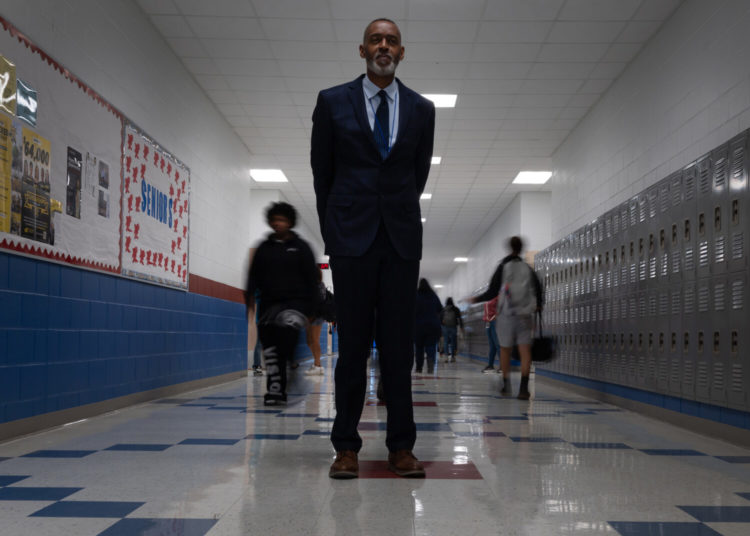Elena Vasilyeva is a Belarusian journalist based in Warsaw, Poland. She explores the parallels between her country and others through her writing and documentary video reporting.
Talking about the latest elections in the pub, first you lower your voice. Then, you come to realize the smart move isn’t to talk about politics at all.
When someone sends a link with the latest news to the group chat, the conversation dies. It’s neither smart nor polite to send such a link. It can be seen as a provocation, or it might actually be one. And you certainly don’t discuss politics with a taxi driver because, well, you never know.
I bet you can’t imagine this happening in your country. I couldn’t either — until it did.
For me, it all started with a “thank you” in 2017. That spring, my best friend and I had called an Uber to take us to the “anti-parasite” protest in Minsk. At the time, people had taken to the streets to protest a law that would force the unemployed to pay a so-called parasite tax.
In the 90s, international media referred to Belarus as a “Soviet-era relic.” It wasn’t a pleasant label, but it was probably accurate. Twenty years later, the label remained, but by then, it was neither pleasant nor true. There we were, openly chatting about our country’s political situation in the car, involving our Uber driver in the conversation. And we planned to continue our discussion at a trendy bar after the protest was over.
But that’s not how our day went. At the protest, my friend was detained. Waiting for him on the first floor of the police station, all I knew was that he’d been brought to that building. And I remember meeting a woman there who didn’t even have that luxury. She was stuck waiting, not knowing whether the man she loved was there or some other police department in the city.
My friend, however, was released later that evening. And that’s when I first heard it: “Be grateful they let him go.”
I heard those same words again three years later, in 2020, right before another protest — we had many that summer. But this time, the police tried to detain every single journalist who was covering the event — literally, all of them.
A blue van, the kind used by security forces, pulled up to where we reporters had gathered. They loaded all of us into the van and took us to the police station, stopping along the way to pick up any journalists who were running late to cover the protest. We were offered tea and cookies, and were released once the demonstration had ended.
Again, they said: “Be grateful we let you go the same day.”
Then, the gaps between those “be gratefuls” started getting shorter.
Just a week after the cookies, I was asked if I had footage of a student march. Six journalists had been detained and accused of “leading the column” rather than covering the protests, and the video could help prove they didn’t.
Those journalists weren’t released that evening, though. Nor were they released the next evening. This time, the court had decided on three days of detention. And again, I caught myself thinking: “We should all be grateful.” In an administrative case, there was always a chance it could have been 14 days — let alone the possibility of it turning into a criminal case. So, I didn’t dwell too much on my unhealthy “gratitude.”
As it turns out, however, a criminal case for journalists was on the way — we need only have waited a couple months more.
It didn’t take long after that for political dissidents in Belarus to reach the point of saying “thank you” for a year in prison. To them, a year became so little, many of considered it lucky. “I don’t want to say it, but that’s a lucky verdict,” is what they would say publicly. Then, that phase passed too.
And by 2022, when a group of Belarusian activists tried to stop Russian military trains heading to Ukraine, the phrase became: “Be grateful it’s not the death penalty.” Because stopping a train could be qualified as terrorism — and Belarus still has the death penalty.
Today, I think back on that woman in the police station in 2017. Her name is Marina Adamovich, the wife of Belarusian opposition leader Mikola Statkevich. And again, she’s in the same position she was all those years ago. Her husband was detained again in 2020, and has been kept incommunicado for 900 days.
Back then, I suppose she “should have been grateful” when he came home the next day. I’m sure she wasn’t.
But I was. I was grateful. My friend was released, and we went to the bar to celebrate. They made good cocktails there, and we could sit there and talk about politics, or anything else in the world. Just like in any other bar in Minsk. And we were able to carry on doing that for the next few years.
But I couldn’t have imagined where our good manners could lead us.
Now, all the bars I frequent — though not yet favorites — are outside Belarus. Here, it’s possible to talk about anything at all, including politics. And sometimes in these bars I hear Europeans or Americans compare their countries to mine, and say things like: “The screws are tightening here too.”
My Belarusian friends usually get irritated by this. To them, it still feels like there’s a long way from canceling Stephen Colbert’s late night show to putting journalists in prison for years.
But for me, I feel relieved when someone refuses to say that first “thank you” just because an evil could have been worse.
That is how it grows.
The post Lessons from Belarus: Never be grateful just because it could be worse appeared first on Politico.




